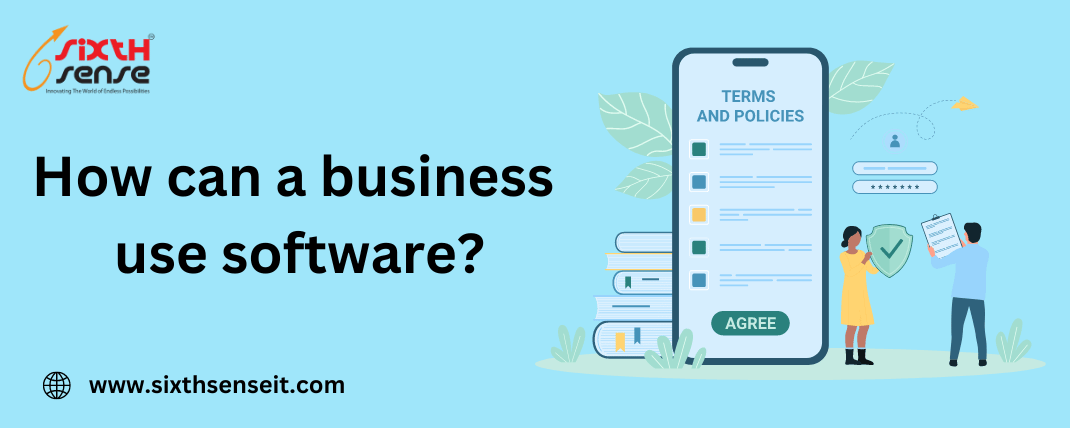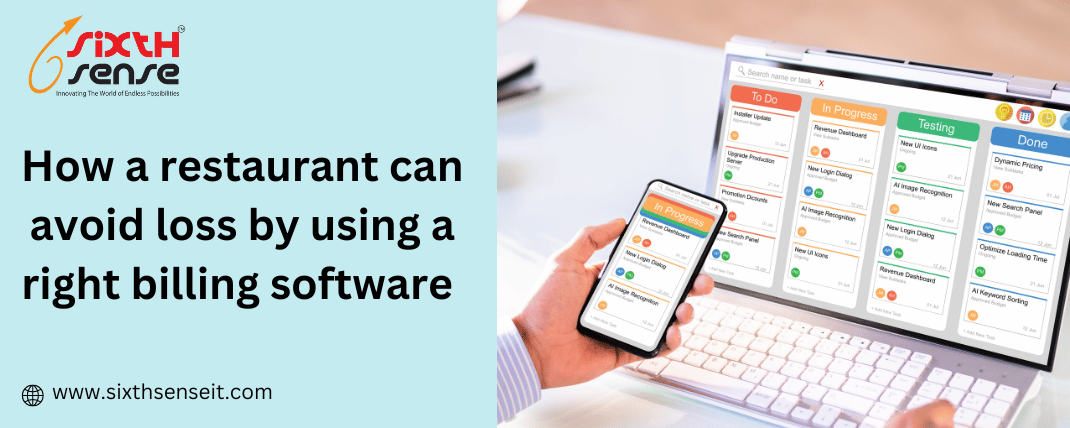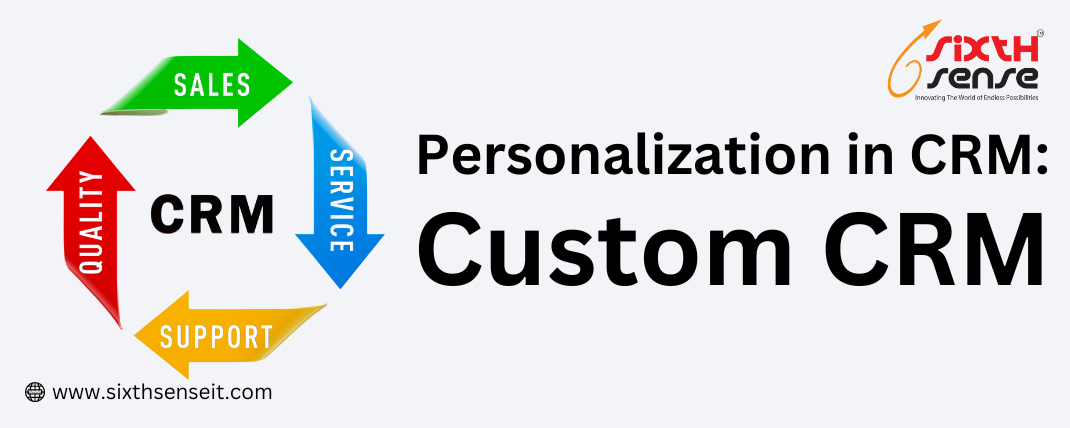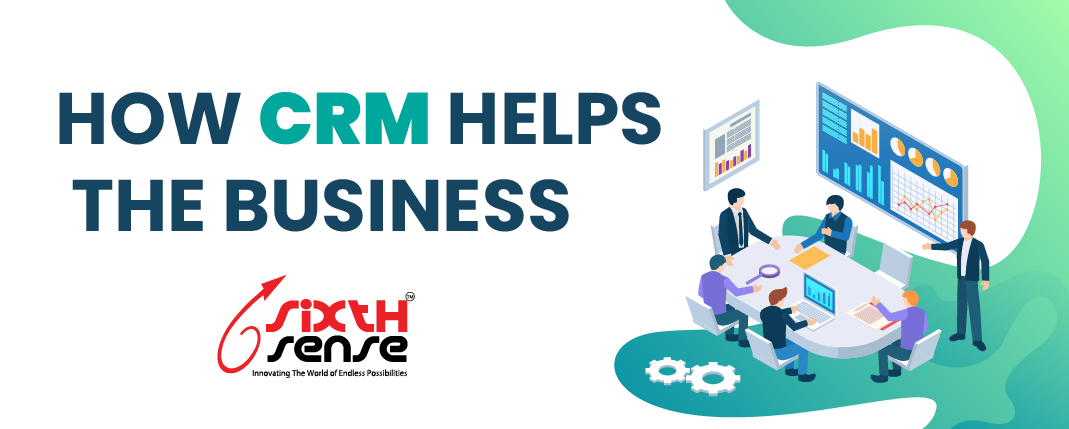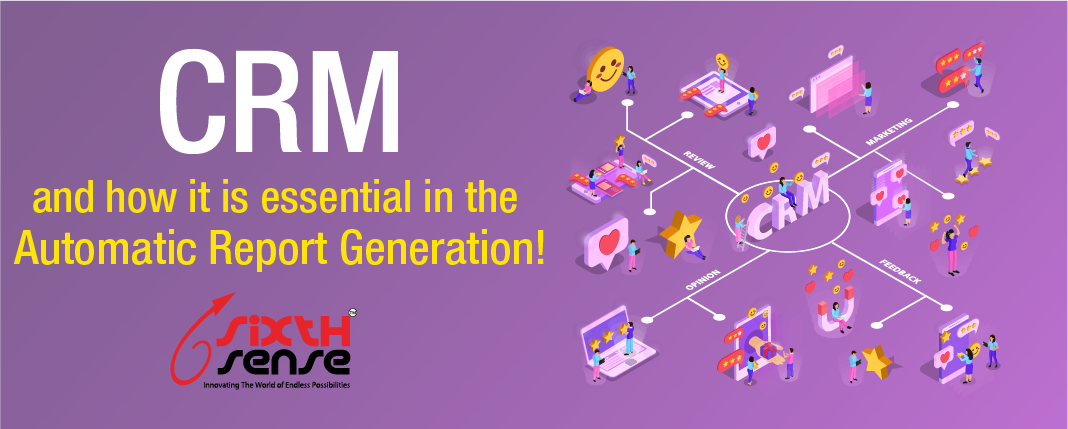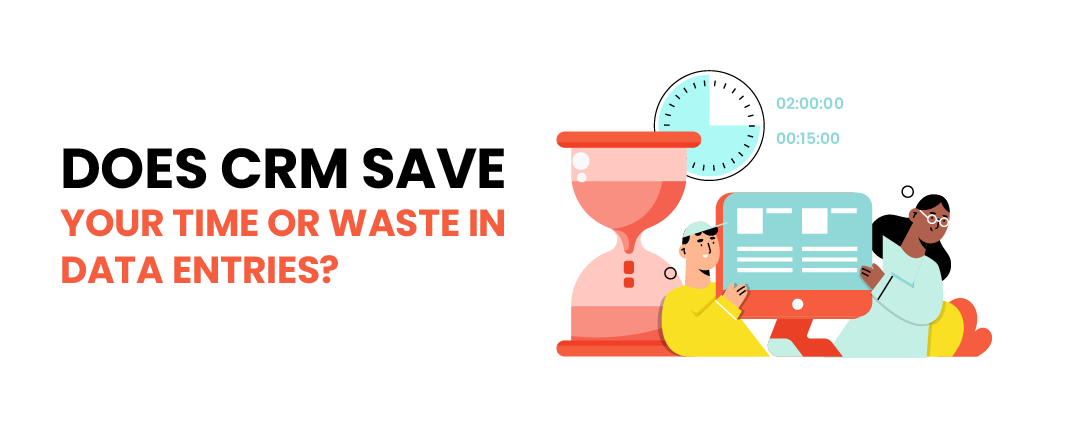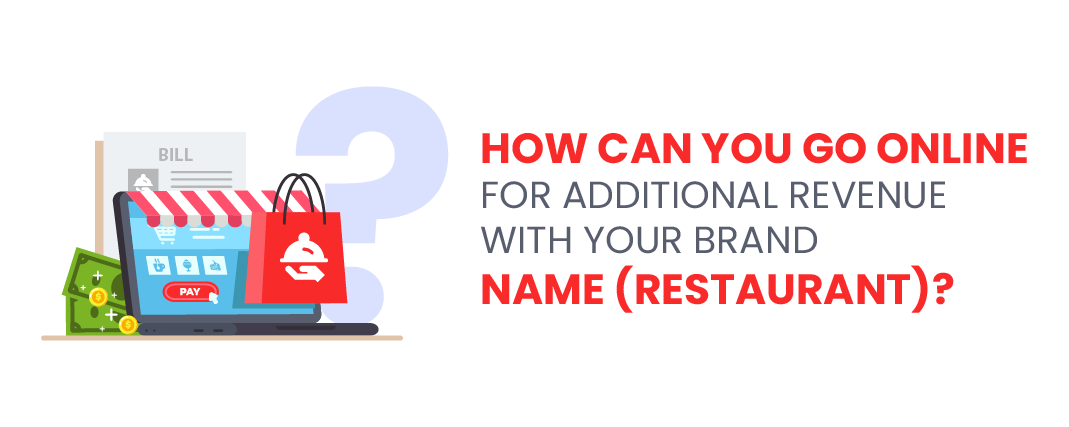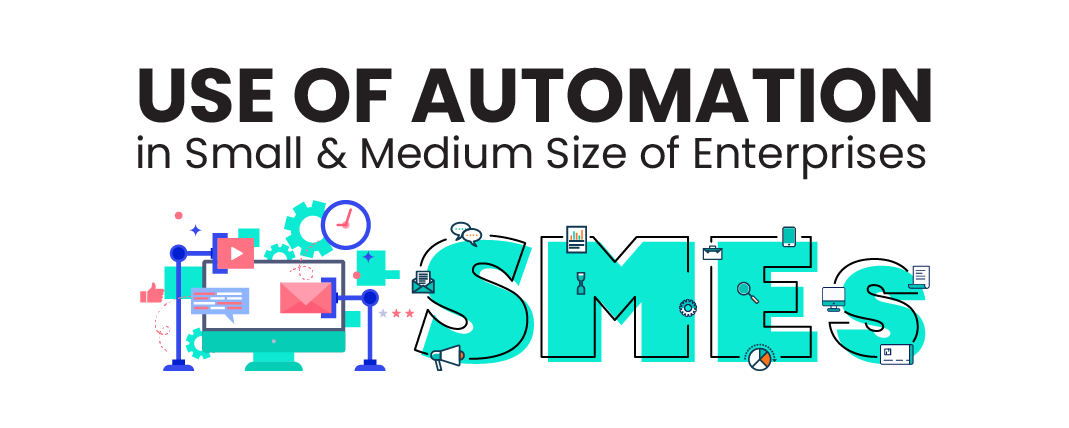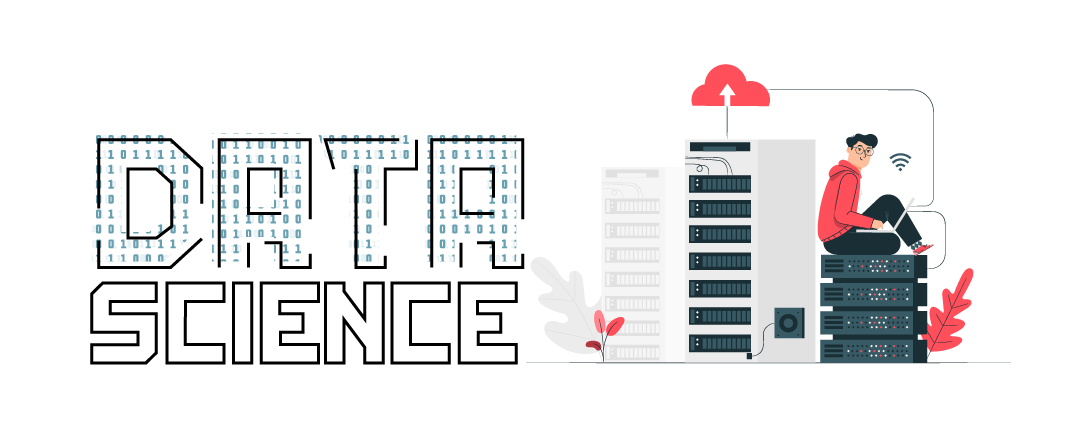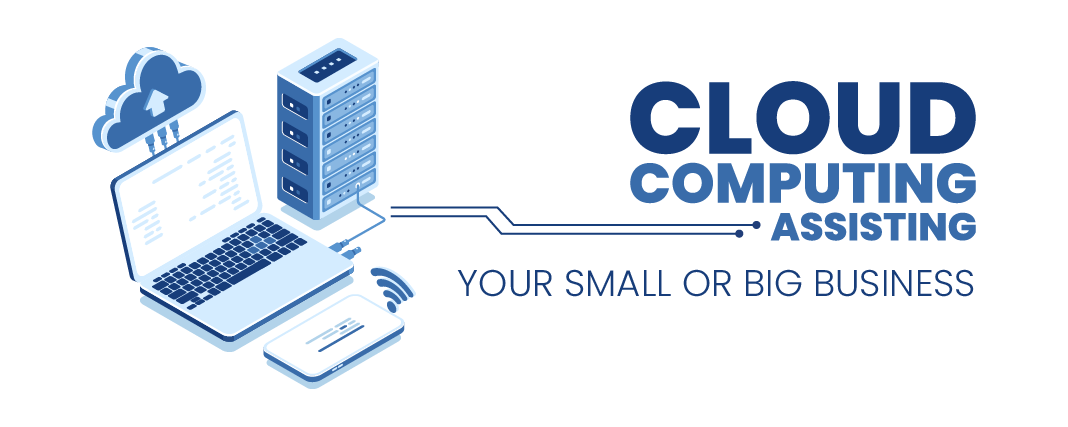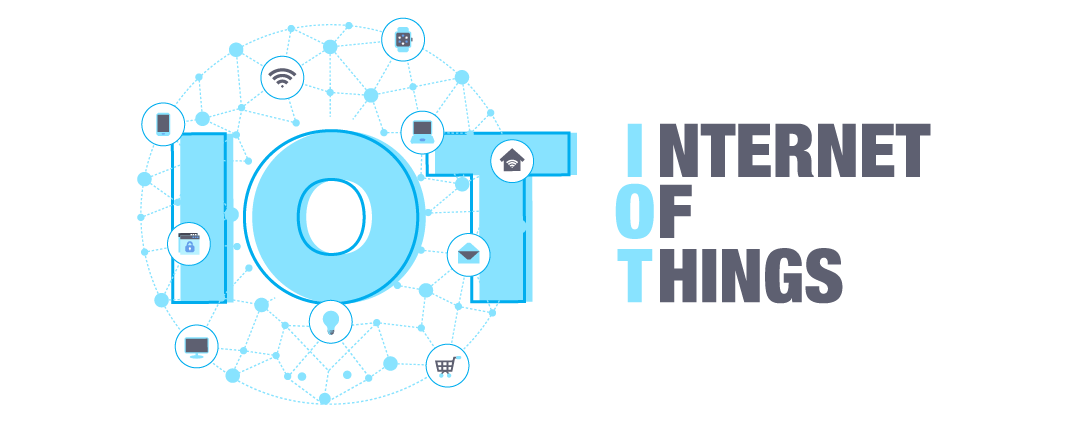
5 cybersecurity best practices for small businesses

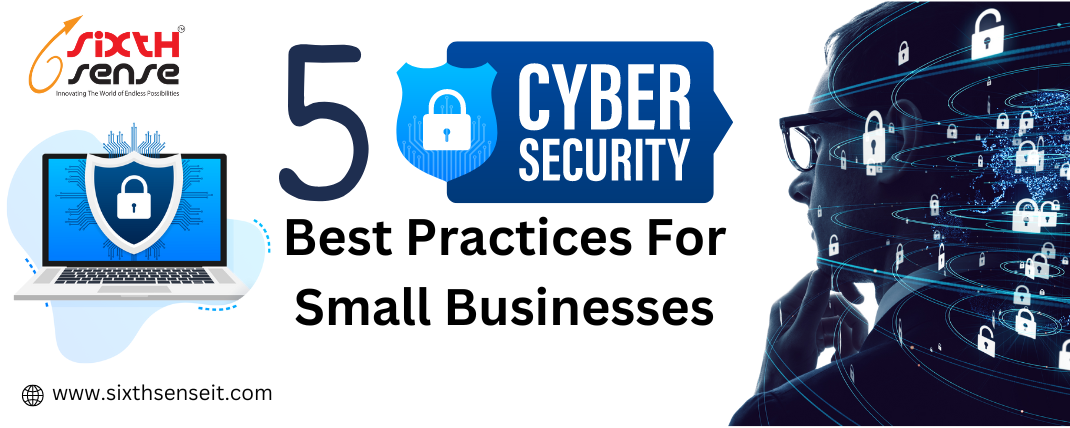
Cybersecurity is the practice of protecting computer systems, networks, and devices from digital attacks, theft, and damage. It involves the use of technologies, processes, and policies to secure and protect sensitive data, financial information, and personal identification from unauthorized access, misuse, or destruction.
There are various types of cybersecurity threats, including malware, viruses, phishing attacks, and ransomware. Malware is a type of software that is designed to damage or disrupt computer systems, while viruses are malicious software that infects computer systems and spreads to other devices. Phishing attacks are scams that involve tricking individuals into revealing sensitive information, such as passwords or credit card numbers, through fake emails or websites. Ransomware is a type of malware that encrypts a victim’s data and demands a ransom from the victim to restore access.
To protect against these threats, businesses and individuals can implement cybersecurity measures such as strong passwords, two-factor authentication, security software, data backups, employee training, and secure networks and devices.
Cybersecurity is becoming increasingly important as more businesses and individuals rely on technology and the internet for their daily operations and communication. A cyber attack can lead to significant financial losses, damage to a company’s reputation, and the loss of sensitive data. It’s essential for businesses and individuals to prioritize cybersecurity to ensure the protection of their assets and personal information.
As a small business owner, it’s essential to prioritize cybersecurity to protect your company’s sensitive data, financial information, and reputation. However, with limited resources and a smaller budget, it can be challenging to secure your business from cyber threats.
One of the most basic yet effective ways to protect your business from cyber attacks is to use strong passwords and enable two-factor authentication. Strong passwords should be a combination of letters, numbers, and special characters, and should not be shared with anyone. It’s also important to change your passwords regularly, at least every 90 days.
Two-factor authentication (2FA) is an extra layer of security that requires you to enter a code sent to your phone or email in addition to your password when logging in to your account. This makes it more difficult for hackers to access your accounts, even if they have your password.
Security software, such as antivirus and firewall, is essential to protect your business from malware, viruses, and other cyber threats. Make sure to install security software on all your devices, including computers, laptops, and smartphones.
It’s also important to regularly update your security software to ensure that it has the latest protection against new threats. Many security software providers offer automatic updates, so make sure to enable this feature to stay protected.
Data loss can be a significant issue for small businesses, as it can lead to financial losses and damage to your reputation. To protect your business from data loss, it’s essential to regularly back up your data.
There are various ways to back up your data, including using external hard drives, cloud storage, or online backup services. It’s recommended to use a combination of these methods to ensure that you have multiple copies of your data in case of an emergency.
Your employees are the first line of defense against cyber threats, so it’s essential to train them on cybersecurity best practices. This includes educating them on strong passwords, avoiding suspicious emails and websites, and not sharing sensitive information with unauthorized individuals.
You should also have a clear cybersecurity policy in place and make sure that all employees are aware of it. This policy should outline the protocols and procedures for handling cyber threats and data breaches.
To protect your business from cyber threats, it’s essential to use secure networks and devices. This includes using a virtual private network (VPN) when accessing the internet from a public network, such as a coffee shop or airport. A VPN encrypts your internet connection, making it more difficult for hackers to intercept your data.
It’s also essential to secure your devices, such as computers and smartphones, with passwords and security software. If you’re using shared devices, make sure to log out of your accounts and clear your browsing history to prevent unauthorized access to your data.
In conclusion, small businesses are just as vulnerable to cyber threats as large corporations. By following these cybersecurity best practices, you can protect your business from data loss, financial losses, and damage to your reputation. Investing in cybersecurity may seem like a hassle, but it’s essential to ensure the long-term success and sustainability of your business.
Cybersecurity is important for a variety of reasons, including:
Ensuring the integrity of systems and networks: Cybersecurity helps to ensure the integrity of computer systems and networks by protecting them from attacks and disruptions. Without proper cybersecurity, systems and networks can be compromised, leading to downtime and lost productivity.
Cybersecurity also helps to protect personal privacy by preventing the unauthorized access and use of personal information. Without proper cybersecurity measures, individuals’ personal information can be accessed and used for nefarious purposes, such as identity theft or spamming.
Maintaining trust and reputation: Cybersecurity is essential for maintaining trust and reputation, as a data breach or cyber attack can severely damage a company’s reputation and lead to a loss of customers and revenue. By prioritizing cybersecurity, businesses can show their customers that they value their data and trust.
Many industries, such as healthcare and finance, have strict regulations and laws regarding cybersecurity. Failing to comply with these regulations can result in significant fines and penalties, as well as damage to a company’s reputation.
In conclusion, cybersecurity is important for protecting sensitive data, ensuring the integrity of systems and networks, protecting personal privacy, maintaining trust and reputation, and complying with regulations and laws. It’s essential for businesses and individuals to prioritize cybersecurity to ensure the protection of their assets and personal information.
Here are a few reasons why cybersecurity is necessary:
Cybersecurity is essential for protecting sensitive data, such as financial information, personal identification, and company secrets, from unauthorized access or misuse. Without proper cybersecurity measures, this data can be easily accessed and used for fraudulent purposes, leading to financial losses and damage to a company’s reputation.
Cybersecurity helps to ensure the integrity of computer systems and networks by protecting them from attacks and disruptions. Without proper cybersecurity, systems and networks can be compromised, leading to downtime and lost productivity.
Cybersecurity also helps to protect personal privacy by preventing the unauthorized access and use of personal information. Without proper cybersecurity measures, individuals’ personal information can be accessed and used for nefarious purposes, such as identity theft or spamming.
Cybersecurity is essential for maintaining trust and reputation, as a data breach or cyber attack can severely damage a company’s reputation and lead to a loss of customers and revenue. By prioritizing cybersecurity, businesses can show their customers that they value their data and trust.
Many industries, such as healthcare and finance, have strict regulations and laws regarding cybersecurity. Failing to comply with these regulations can result in significant fines and penalties, as well as damage to a company’s reputation.
In conclusion, the need for cybersecurity is increasing as businesses and individuals rely more on technology and the internet. Cybersecurity is essential for protecting sensitive data, ensuring the integrity of systems and networks, protecting personal privacy, maintaining trust and reputation, and complying with regulations and laws.























































